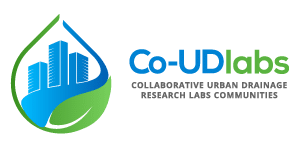Coventry and Oviedo TA at UDC on thermal properties of sub-base materials
For the next few weeks, our partners at the Universidade da Coruña (UDC) will be hosting their seventh and last Transnational Access. After three years in which the facilities at UDC’s Research & Innovation Centre on Civil Engineering and Building (CITEEC) laboratories have been open and available for junior researchers and senior academics to visit, re-design, and use for their own innovative ideas and plans, these final weeks of the programme are having a very special meaning!
This TA’s user-group is led by Coventry University in collaboration with the Universidad de Oviedo. The project is taking place at UDC’s BLOCK platform, a state-of-the-art scientific lab for urban runoff tests.
Visiting researchers Steve Coupe and Liz Trenchard (Coventry University), and Luis Angel Sañudo Fontaneda, Felipe Pedro Alvarez Rabanal, and Carlos Rey Mahía (University of Oviedo) visited the facility for the installation set-up and the kick-off of the experiments. The group is studying the thermal properties of different types and thickness of sub-base materials — such as soil, expanded clay, gravel or recycled construction debris (the latter was provided courtesy of local waste management company, Recinor) in green and blue roofs in order to assess energy production potential by heat pumps.
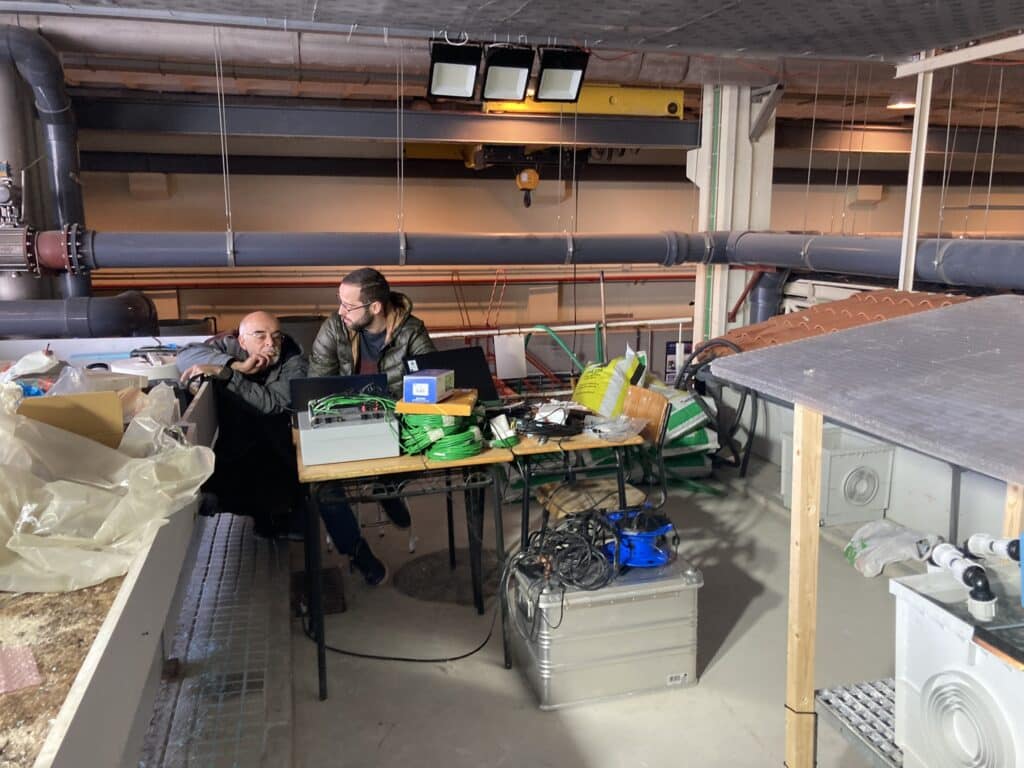
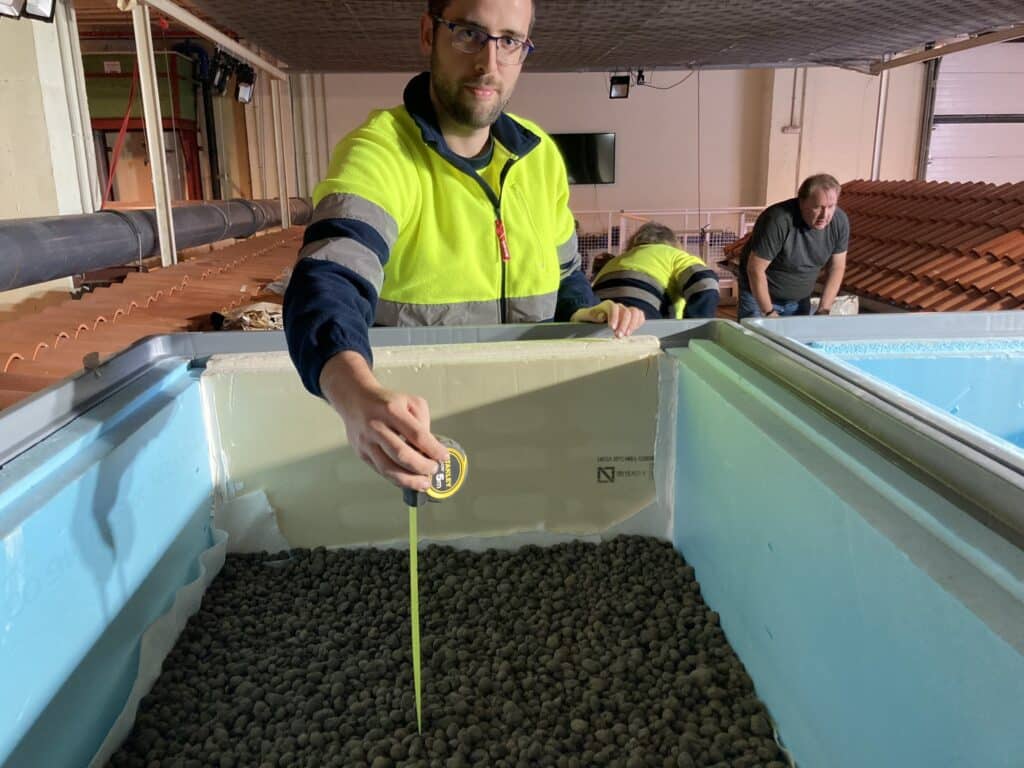
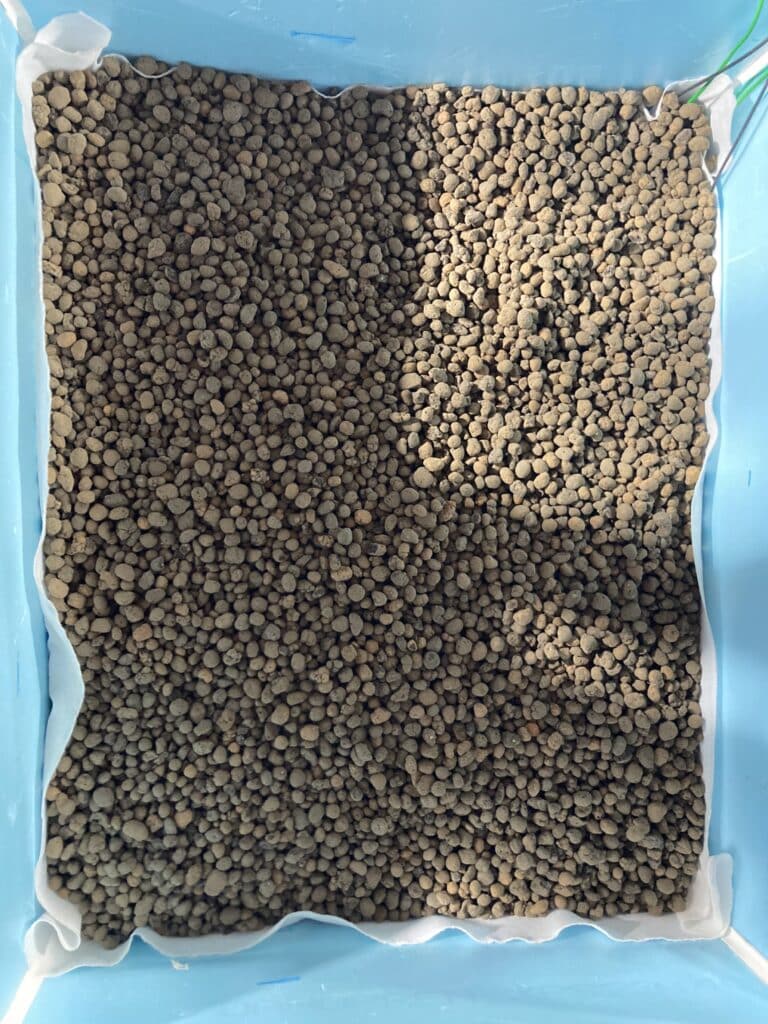
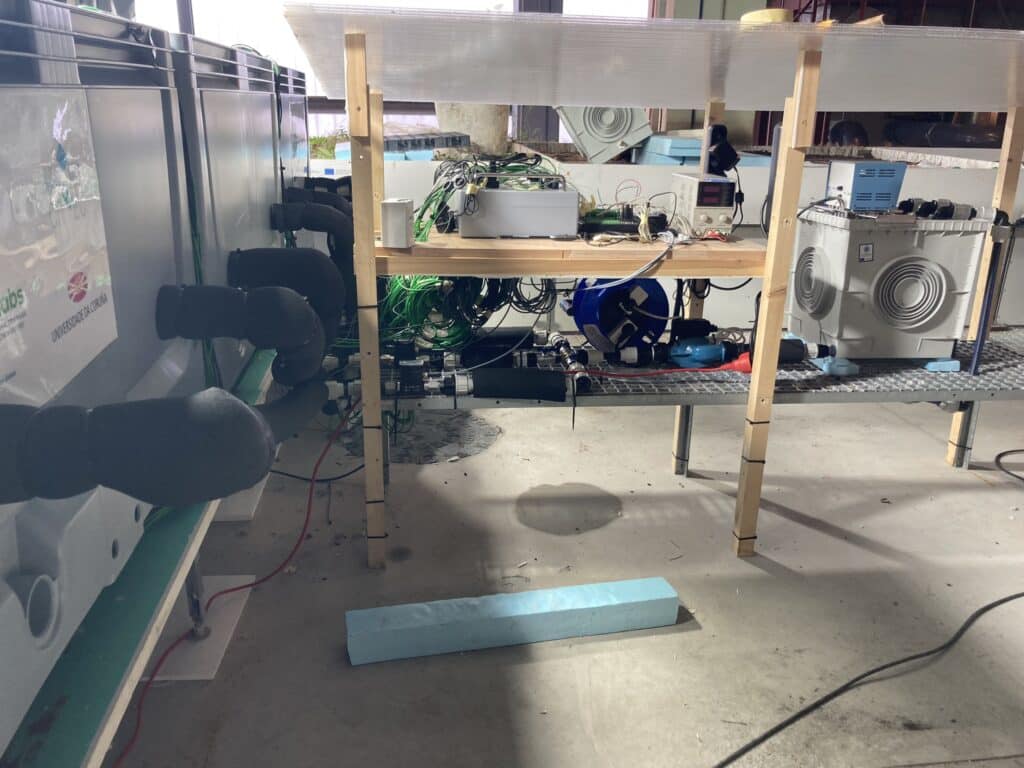
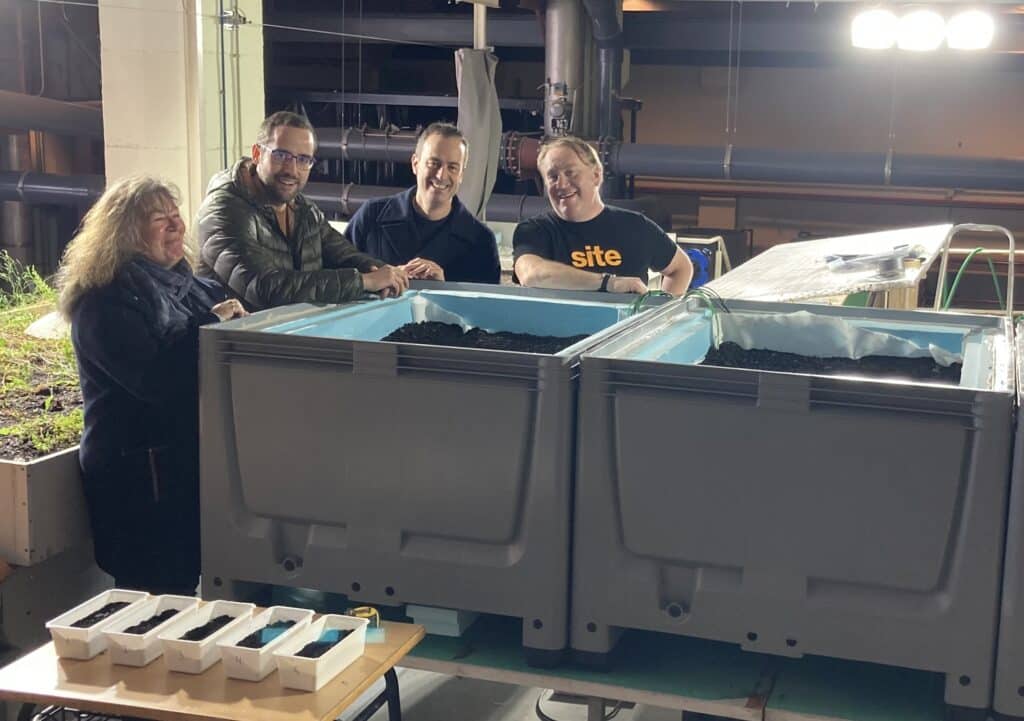
Another key focus of the research has been the correlation between soil moisture values through roof profiles and plant health, growth and diversity. The experiments aim to identify optimal moisture conditions for sustaining long-term plant communities, including viable sward cover, flowering, and seeding.
Not only will the project provide valuable insights into green roof design, but it could also lead to more sustainable urban planning and infrastructure development. The campaign is expected to conclude by the end of February, and the project team will work closely with UDC on disseminating and publishing the findings as soon as possible.
It is a fitting conclusion to a very successful TA programme: by the end of Co-UDlabs in April 2025, 16 large- and full-scale facilities of our research infrastructure will have hosted 31 Transnational Accesses, involving over 220 user-group members from 26 different countries around the world — a valuable testament to the role of collaboration and exchange on the path to innovation and technological development.
